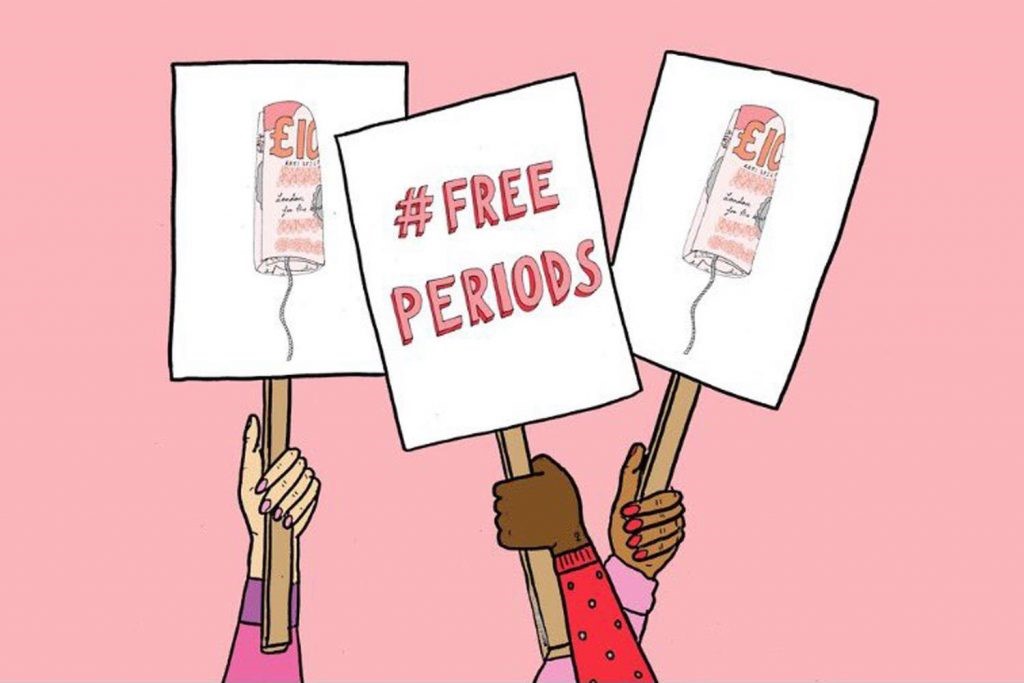Posted by Snigdha Gupta and Srijani Roy On the 24th of March the government of India declared a Nation-wide lockdown to…
Login to Read!
This content is restricted to site members. If you are an existing user, please log in below. Or you can can create an account here.

